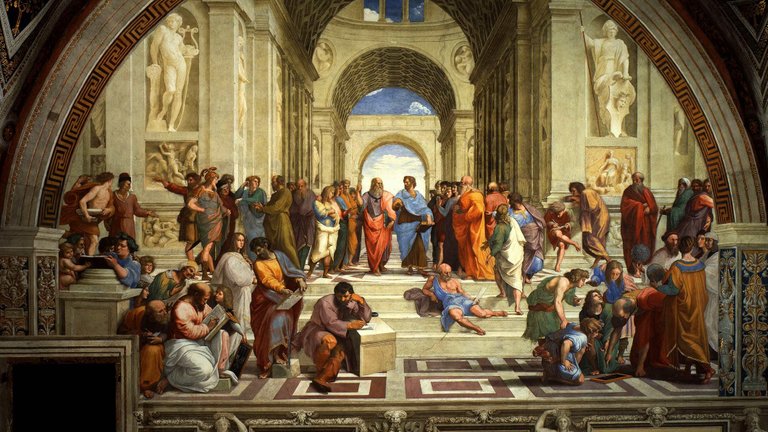
Does a fish know it’s submerged in water? Or because it never leaves it, will it never know?
We may wander back and forth in our minds; take a trip to a decade past. To stand on the front lines with an ancient conqueror, walk the streets of Florence during the renaissance, converse with Da Vinci or ride a carriage with Marcel Proust. Or closer still, visiting Paris in the 1920’s with the artists and poets, stand in a protest of the 60s or witness the birth of the Internet.
Like the fish in water, we feel we are alive and conscious, but cannot know what it is because it is always present in every conceivable experience. In this way, we cannot know our current “time” or “generation” when we are of course perpetually submerged within it. It is only by stepping outside of time that we can come to know it, and we do this by retrospective considerations of the past, and an obsession with labeling, cutting and compartmentalizing blocks of experience.
The 1950s, 60s, 70s, can be effortlessly segregated into categorical blocks of time for us to map, and retrospectively wander among with ease. These decades are then compressed into a TV series of a few episodes on what “defined the generation”. This profound level of compression, from 10 years to 100 minutes requires an absurd amount of filtering. Consider all that is filtered out, lost in the shadows of the decade’s significant events.
This somewhat conscious curation of history colors our collective memory, bending it from the truth, and leading to the “golden age fallacy” The idea that a time of a past generation was that of perfection. We all have our golden age. For Confucius, it was a time hundreds of years before his own, and for you, it may be the time of Confucius.
It is necessary to label and define a period in order to describe it. But ultimately any definition will fall short, and will always be picked up by the magic of our imagination to fill the gaps, and carry us to the present.
Considering this, it is much more difficult to see the highlights of our time period now, as we are submerged within, and the significance is yet to be realized through the process of total compression.
Nonetheless, it is fascinating to speculate the edges of our fish bowl and to understand where we are in the context of history and the future.
Through phenomenal leaps in technological advancement, we are now endowed with tools to create and communicate in a way that collapses time and distance. We are human beings with a fundamental urge to create, and an insatiable curiosity to explore.
Through the archaeological decay of time, we are destined to become whatever the future thinks that we were, in their way of compressing and filtering of our current experience.
As individuals making up the collective of this period in history, it is up to us to curate the present through acts of beautiful exploration, creation, and action, that will inevitably co-author how the future will define us. What will your story be? How will we be collectively remembered? And what will you create, sing, write, play, imagine, explore, dance or do as a co-author of our future memory…
“Man cannot endure his own littleness unless he can translate it into meaningfulness on the largest possible level.”
― Ernest Becker, The Denial of Death